Experts predict that within the next decade, 70% of industries, including pharma companies, will attempt enterprise digital transformation, but only 30% will succeed. Digital transformation is the integration of digital technologies into the pharmaceutical industry. It is helping businesses shift to smarter, more efficient, and customer-centric models. Digital transformation in the pharma industry may be achieved through using digital tools and processes in drug development, distribution, and patient care management.
Digital transformation in pharma is helping this industry with technologies like artificial intelligence, big data, and automation. This blog explores digital transformation in the pharmaceutical industry, the impact of technology on the pharmaceutical industry, and its benefits. Continue reading below to find out more about digital transformation in pharma.
Digitization in the Pharma Industry – Examples
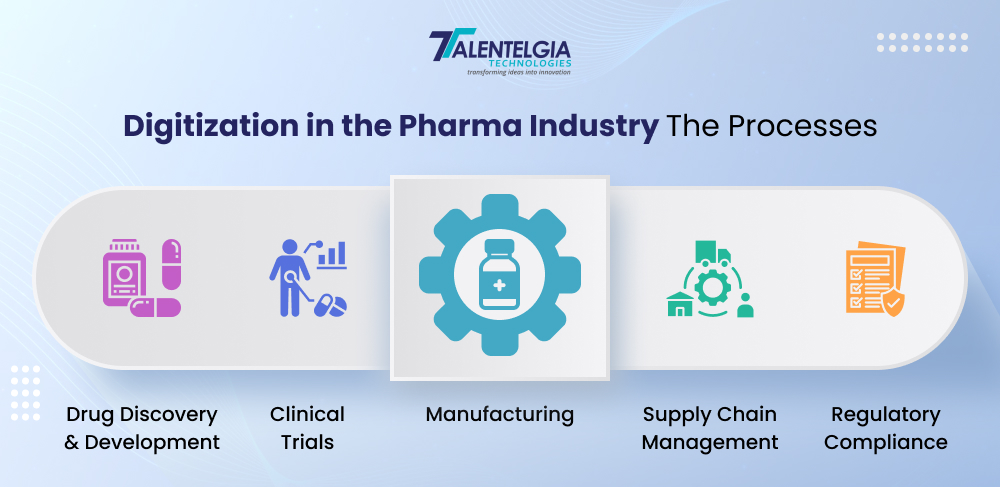
Digital transformation in the pharmaceutical industry is not just about implementing technology. It is also about adopting a culture of innovation that drives efficiency and evolution.
Let’s take a closer look at the processes in this industry that are changing because of the pharma industry’s digitization and how that can affect its future.
1. Drug Discovery and Development
With traditional methods, it took years using a trial and error process to identify viable compounds and subsequently test them. However, digital transformation in the pharma industry is changing all this; now it can be used with data-driven insights with computing power.
Pharmaceutical companies now rely more on artificial intelligence (AI) and machine learning (ML) development services to analyze vast quantities of data. AI and ML tools enable researchers to spot candidate drugs much faster than by earlier means.
Predictive analytics helps develop formulations and predict reactions so that errors can be negated, bringing down the development time even further.
Further, advanced tools like CRISPR for gene editing and digital technology enable precision and scalability in drug development.
Impact: Faster drug discovery and quicker availability of critical treatments in the market, hence saving lives with technology in the pharmaceutical industry.
2. Clinical Trials
Clinical trials are an important part of drug development in the healthcare industry. However, they are often expensive, time-consuming, and have low participant retention. Digitization addresses all these issues by bringing in smarter, more inclusive trial designs.
The incorporation of digital tools has streamlined participant recruitment using insights from electronic health records, social media, and wearable devices.
Remote monitoring tools allow participants in the trial to give data without necessarily having to visit clinics frequently, thus improving convenience and retention rates.
Similarly, blockchain development ensures secure and transparent data management, which protects the integrity of the pharma trials.
Impact: This leads to better quality and reliable data.
3. Manufacturing
Digital transformation in the pharma industry is improving the manufacturing process with automation, real-time monitoring, and advanced analytics. Digitization makes the production lines not just efficient but also compliant with heavy regulatory requirements.
Additionally, automation and IoT sensors enable monitoring in real-time, alerting on anomalies and predictive maintenance reduces downtime.
Digital twins – AR and VR app development services help companies simulate and optimize production lines without disrupting actual operations.
AI-based robotics minimizes the possibility of human error, assuring quality results in drug production. Further, blockchain technology ensures secure and transparent data management.
Impact: It makes clinical trials cheaper, and more available to a wider population.
4. Supply Chain Management
With digital transformation in the pharma industry, predictive analytics in supply chain management makes it more transparent and reliable. So, there is less likelihood of counterfeit drugs entering the system.
This also enables end-to-end tracking of drugs. It ensures authenticity and reduces the incidence of counterfeit products.
Data analytics and AI integration enable companies to make accurate demand forecasting to manage their inventories and avoid any disruption. Automation streamlines packaging and distribution processes with reduced lead times and greater delivery precision.
Impact: More involved patients with better outcomes for health and increased trust in pharmaceutical brands.
6. Regulatory Compliance
This is an absolute necessity in pharmaceuticals. Digital transformation in the pharma industry enables companies to adapt to changing guidelines with the least possible risk.
Advanced analytics helps pharmaceutical companies monitor these changes in regulations and adjust beforehand. This reduces the possibility of non-compliance. Further, the automation of document management systems reduces errors in collecting, storing, and submitting compliance-related documents.
Impact: Companies can lower their compliance risks and lower costs. The digital transformation of the pharma industry simplifies the complexities in compliance and regulatory standards.
Also Read: AI Use Cases in Healthcare
Importance of Digitalization in the Pharmaceutical Industry
With advanced technologies, breakthroughs in efficiency, cost-effectiveness, and patient-centric care are now possible. Digitization in the pharmaceutical industry will have all its advantages—operations to patient outcomes and business sustainability—dealt with as follows.
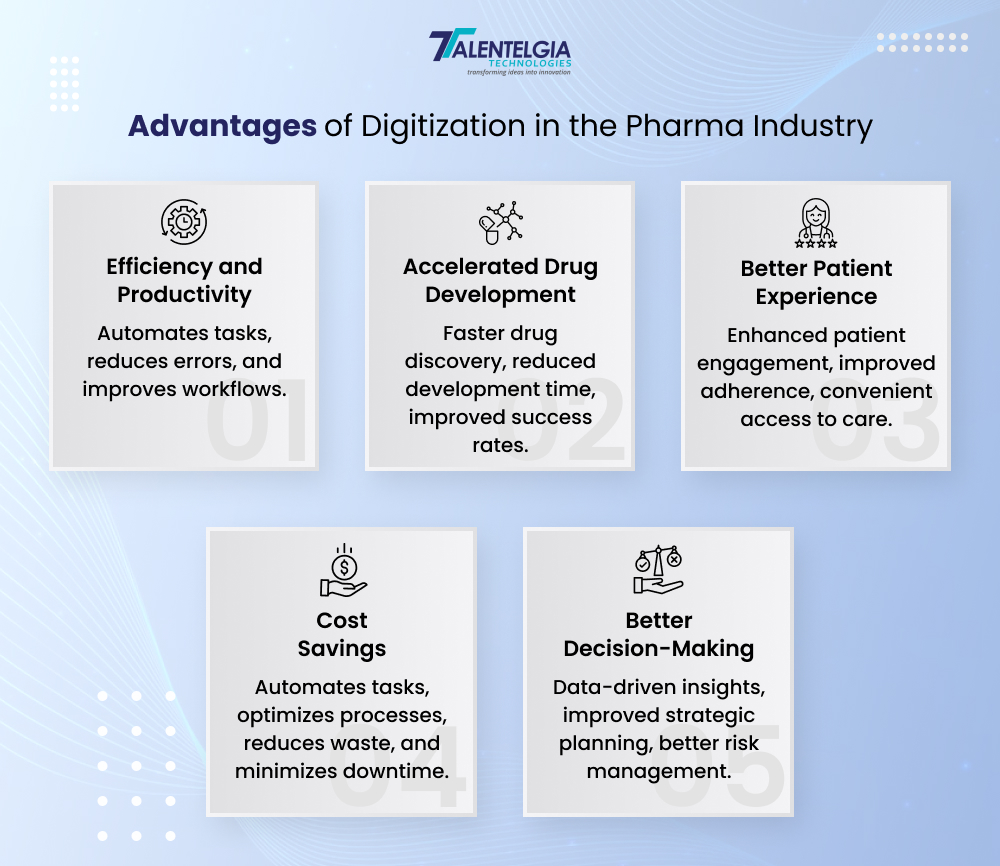
1. Efficiency and Productivity
Traditional methods are labor-intensive and prone to errors. Digitization in the pharma industry eliminates this by automating the processes with AI-based business solutions.
Menial tasks like data entry, compliance documents, and inventory management can be handled by robotic process automation as well as other tools. This minimizes the chance of errors by humans.
The workers are then free to carry out strategic, high-value work in drug innovation and patient engagement.
Furthermore, real-time systems monitoring helps organizations identify errors before any process goes wrong. Therefore, companies get faster workflows and productivity in operations, fewer usages of resources, and subsequently higher productivity.
2. Accelerated Drug Development
Drug development has been costly and time-consuming. It takes several years before new treatments reach the market. Advanced technologies such as AI and ML dramatically reduce the time frame.
Such technologies help analyze gigantic clinical as well as molecular data. They identify the drug candidates in the least possible time frame and with improved accuracy levels.
Predictive modeling enables research scientists to predict how drugs react with each other and adapt the formulations before these are subjected to physical testing. Thus, it eliminates costly failure rates in the advanced stages of trial phases. Moreover, digital platforms make communication between research teams easier so that data can be shared easily and thus expedite breakthroughs.
Digitization of the pharma industry can help companies save time while at the same time reducing the cost of research. This will ensure patients’ quick access to life-saving medicines.
3. Better Patient Experience
Mobile health applications for Android & iOS devices, wearable devices, and telemedicine solutions give patients access to real-time monitoring, reminders on medication adherence, and virtual consultations connecting the patients with the healthcare providers.
Such connectivity allows the patient to seek guidance at the right time and builds trust in the company while staying engaged. In addition to this, digital tools allow the pharmaceutical company to have first-hand, real-life patient feedback directly to be used for product improvement.
4. Cost Saving
The most obvious advantage of digital transformation in the pharma industry is a reduction in operational costs. Automating manufacturing, compliance reporting, and supply chain management helps reduce labor costs while eliminating inefficiencies.
Predictive maintenance tools in manufacturing help avoid costly breakdowns of equipment so that production can be ensured without interruptions.
Digital supply chain solutions also improve the management of inventory and waste, thereby lowering costs. AI cloud solutions can also forgo the physical storage of files and documentation, which leads to minimizing administrative costs.
These costs saved over time through such efforts can be reinvested to spur innovation, further research, and development, and help them stay above the competition for a protracted period.
Also Read: Cost of Digital Transformation
5. Better Decision-Making
Data analytics in drug companies is changing pharmaceutical operations at the decision-making level. Advanced analytics platforms provide real-time insights into the performance of a drug, market trends, and patient behavior.
Using this information, companies can be more effective in decision-making by optimizing production schedules, identifying new markets, or adapting treatments to different patient requirements. Predictive analytics even allows foresight on potential risks through supply chain disruptions or regulatory change and acts before that change. This means pharmaceutical companies better understand themselves, enhance strategic planning, and position themselves to gain long-term success in this dynamic industry by utilizing data-driven insights.
How to Choose the Right Tech Partner for Pharma Digitization?
Do you know?
A McKinsey Research found that pharmaceutical firms making transformational changes are investing at least 20 percent of the company’s EBITDA on digital and analytics programs.
Choosing the right tech partner is important if you are going for digital transformation in the pharma industry. It allows you to digitize the right processes using the latest technologies that fit your needs. We understand that it can be hard to make the right decision when it comes to the vast healthcare industry. So, here are a few key considerations:
Industry Expertise: Dealing with the pharmaceutical sector at its best will always ensure familiarity with industry-specific challenges and regulations with smooth implementation.
Scalability: Ensure the technologies they use can scale with the growth of your business. For such a fast-paced industry, scaling is important.
Security and Compliance: Such an industry is highly dependent on security pertaining to data. Your tech partner should be keen on a high-priority solution with regard to secure solutions and complying with all regulations applied, like GDPR and HIPAA.
Customizability: The off-the-shelf solution might not address your needs. Team up with one who will provide solutions that match your operations.
Support and Training: Support and training after the implementation is a critical adoption factor. Determine how long assistance will be rendered.
Cost-Efficiency: Ensure that the solutions provided promise a good return on investment. Avoid low-quality solutions purely for low cost, and ensure the cost is practical and translatable.
Innovation: A future-focused partner stays ahead of the technology curve. This gives you a competitive edge.
Conclusion
Digital transformation in the pharma industry is changing it to make it more user-centric and precise. This allows companies to innovate, optimize, and improve their operations. It starts with accelerating drug discovery and improving patient care and extends to other processes as well. This will give your pharmaceutical business a chance to grow. So, partner with a reliable provider for a smooth digital transformation and sustainable growth. If you are also looking for a reliable partner, get in touch with us for the best healthcare app development services.


 Healthcare App Development Services
Healthcare App Development Services
 Real Estate Web Development Services
Real Estate Web Development Services
 E-Commerce App Development Services
E-Commerce App Development Services E-Commerce Web Development Services
E-Commerce Web Development Services Blockchain E-commerce Development Company
Blockchain E-commerce Development Company
 Fintech App Development Services
Fintech App Development Services Fintech Web Development
Fintech Web Development Blockchain Fintech Development Company
Blockchain Fintech Development Company
 E-Learning App Development Services
E-Learning App Development Services
 Restaurant App Development Company
Restaurant App Development Company
 Mobile Game Development Company
Mobile Game Development Company
 Travel App Development Company
Travel App Development Company
 Automotive Web Design
Automotive Web Design
 AI Traffic Management System
AI Traffic Management System
 AI Inventory Management Software
AI Inventory Management Software
 AI Software Development
AI Software Development  AI Development Company
AI Development Company  AI App Development Services
AI App Development Services  ChatGPT integration services
ChatGPT integration services  AI Integration Services
AI Integration Services  Generative AI Development Services
Generative AI Development Services  Natural Language Processing Company
Natural Language Processing Company Machine Learning Development
Machine Learning Development  Machine learning consulting services
Machine learning consulting services  Blockchain Development
Blockchain Development  Blockchain Software Development
Blockchain Software Development  Smart Contract Development Company
Smart Contract Development Company  NFT Marketplace Development Services
NFT Marketplace Development Services  Asset Tokenization Company
Asset Tokenization Company DeFi Wallet Development Company
DeFi Wallet Development Company Mobile App Development
Mobile App Development  IOS App Development
IOS App Development  Android App Development
Android App Development  Cross-Platform App Development
Cross-Platform App Development  Augmented Reality (AR) App Development
Augmented Reality (AR) App Development  Virtual Reality (VR) App Development
Virtual Reality (VR) App Development  Web App Development
Web App Development  SaaS App Development
SaaS App Development Flutter
Flutter  React Native
React Native  Swift (IOS)
Swift (IOS)  Kotlin (Android)
Kotlin (Android)  Mean Stack Development
Mean Stack Development  AngularJS Development
AngularJS Development  MongoDB Development
MongoDB Development  Nodejs Development
Nodejs Development  Database Development
Database Development Ruby on Rails Development
Ruby on Rails Development Expressjs Development
Expressjs Development  Full Stack Development
Full Stack Development  Web Development Services
Web Development Services  Laravel Development
Laravel Development  LAMP Development
LAMP Development  Custom PHP Development
Custom PHP Development  .Net Development
.Net Development  User Experience Design Services
User Experience Design Services  User Interface Design Services
User Interface Design Services  Automated Testing
Automated Testing  Manual Testing
Manual Testing  Digital Marketing Services
Digital Marketing Services 
 Ride-Sharing And Taxi Services
Ride-Sharing And Taxi Services Food Delivery Services
Food Delivery Services Grocery Delivery Services
Grocery Delivery Services Transportation And Logistics
Transportation And Logistics Car Wash App
Car Wash App Home Services App
Home Services App ERP Development Services
ERP Development Services CMS Development Services
CMS Development Services LMS Development
LMS Development CRM Development
CRM Development DevOps Development Services
DevOps Development Services AI Business Solutions
AI Business Solutions AI Cloud Solutions
AI Cloud Solutions AI Chatbot Development
AI Chatbot Development API Development
API Development Blockchain Product Development
Blockchain Product Development Cryptocurrency Wallet Development
Cryptocurrency Wallet Development About Talentelgia
About Talentelgia  Our Team
Our Team  Our Culture
Our Culture 
 Healthcare App Development Services
Healthcare App Development Services Real Estate Web Development Services
Real Estate Web Development Services E-Commerce App Development Services
E-Commerce App Development Services E-Commerce Web Development Services
E-Commerce Web Development Services Blockchain E-commerce
Development Company
Blockchain E-commerce
Development Company Fintech App Development Services
Fintech App Development Services Finance Web Development
Finance Web Development Blockchain Fintech
Development Company
Blockchain Fintech
Development Company E-Learning App Development Services
E-Learning App Development Services Restaurant App Development Company
Restaurant App Development Company Mobile Game Development Company
Mobile Game Development Company Travel App Development Company
Travel App Development Company Automotive Web Design
Automotive Web Design AI Traffic Management System
AI Traffic Management System AI Inventory Management Software
AI Inventory Management Software AI Software Development
AI Software Development AI Development Company
AI Development Company ChatGPT integration services
ChatGPT integration services AI Integration Services
AI Integration Services Machine Learning Development
Machine Learning Development Machine learning consulting services
Machine learning consulting services Blockchain Development
Blockchain Development Blockchain Software Development
Blockchain Software Development Smart contract development company
Smart contract development company NFT marketplace development services
NFT marketplace development services IOS App Development
IOS App Development Android App Development
Android App Development Cross-Platform App Development
Cross-Platform App Development Augmented Reality (AR) App
Development
Augmented Reality (AR) App
Development Virtual Reality (VR) App Development
Virtual Reality (VR) App Development Web App Development
Web App Development Flutter
Flutter React
Native
React
Native Swift
(IOS)
Swift
(IOS) Kotlin (Android)
Kotlin (Android) MEAN Stack Development
MEAN Stack Development AngularJS Development
AngularJS Development MongoDB Development
MongoDB Development Nodejs Development
Nodejs Development Database development services
Database development services Ruby on Rails Development services
Ruby on Rails Development services Expressjs Development
Expressjs Development Full Stack Development
Full Stack Development Web Development Services
Web Development Services Laravel Development
Laravel Development LAMP
Development
LAMP
Development Custom PHP Development
Custom PHP Development User Experience Design Services
User Experience Design Services User Interface Design Services
User Interface Design Services Automated Testing
Automated Testing Manual
Testing
Manual
Testing About Talentelgia
About Talentelgia Our Team
Our Team Our Culture
Our Culture
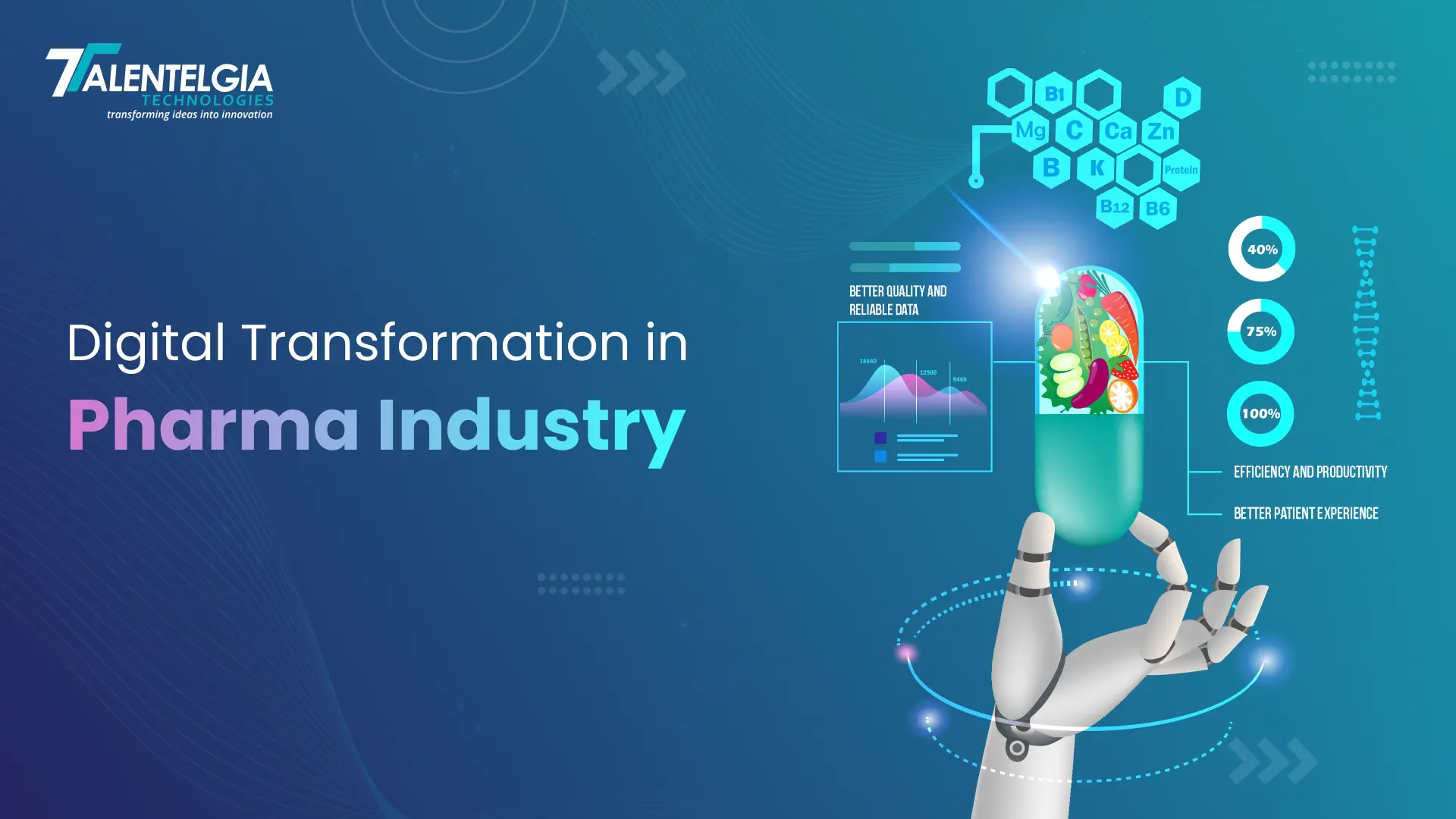



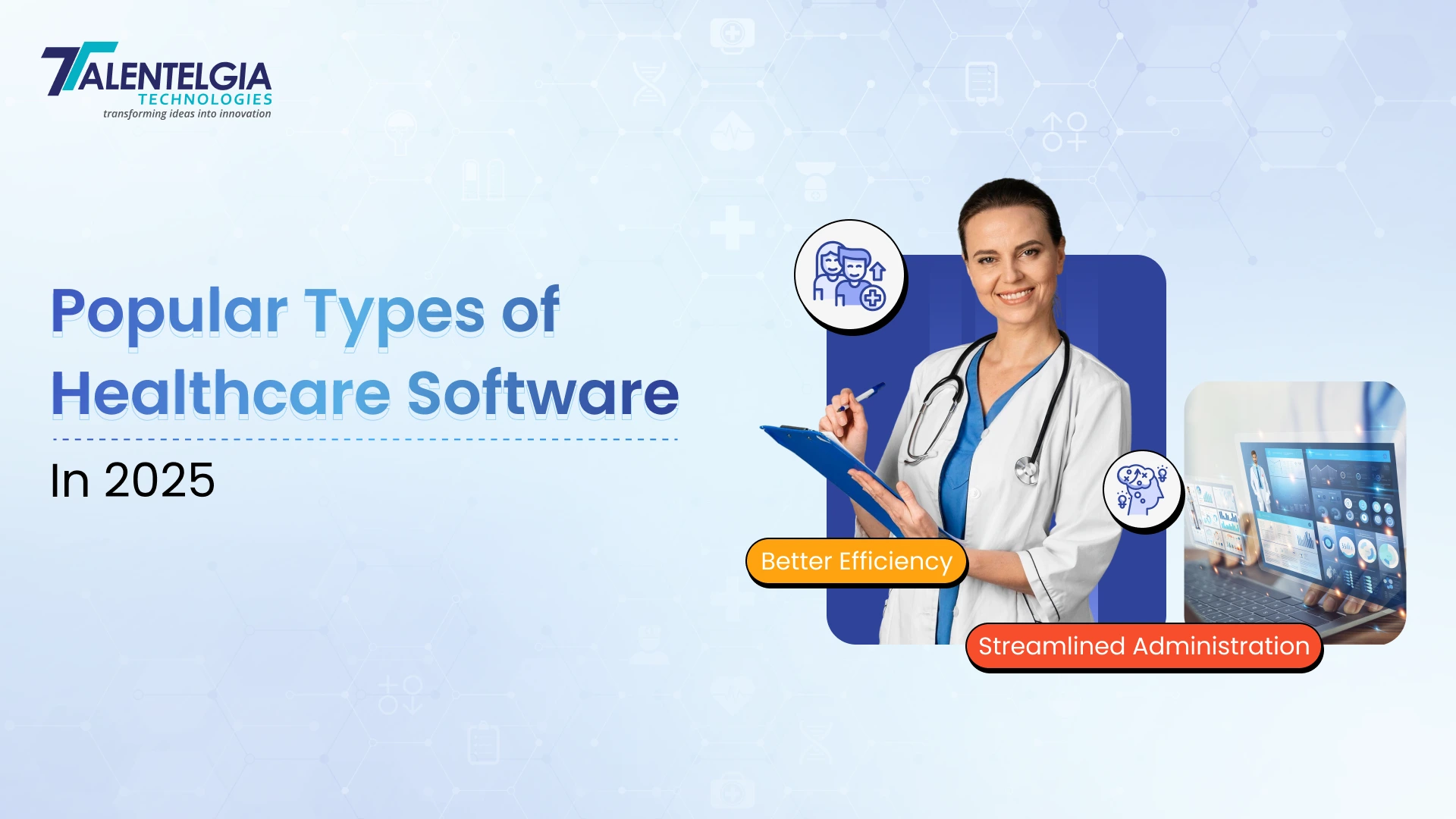

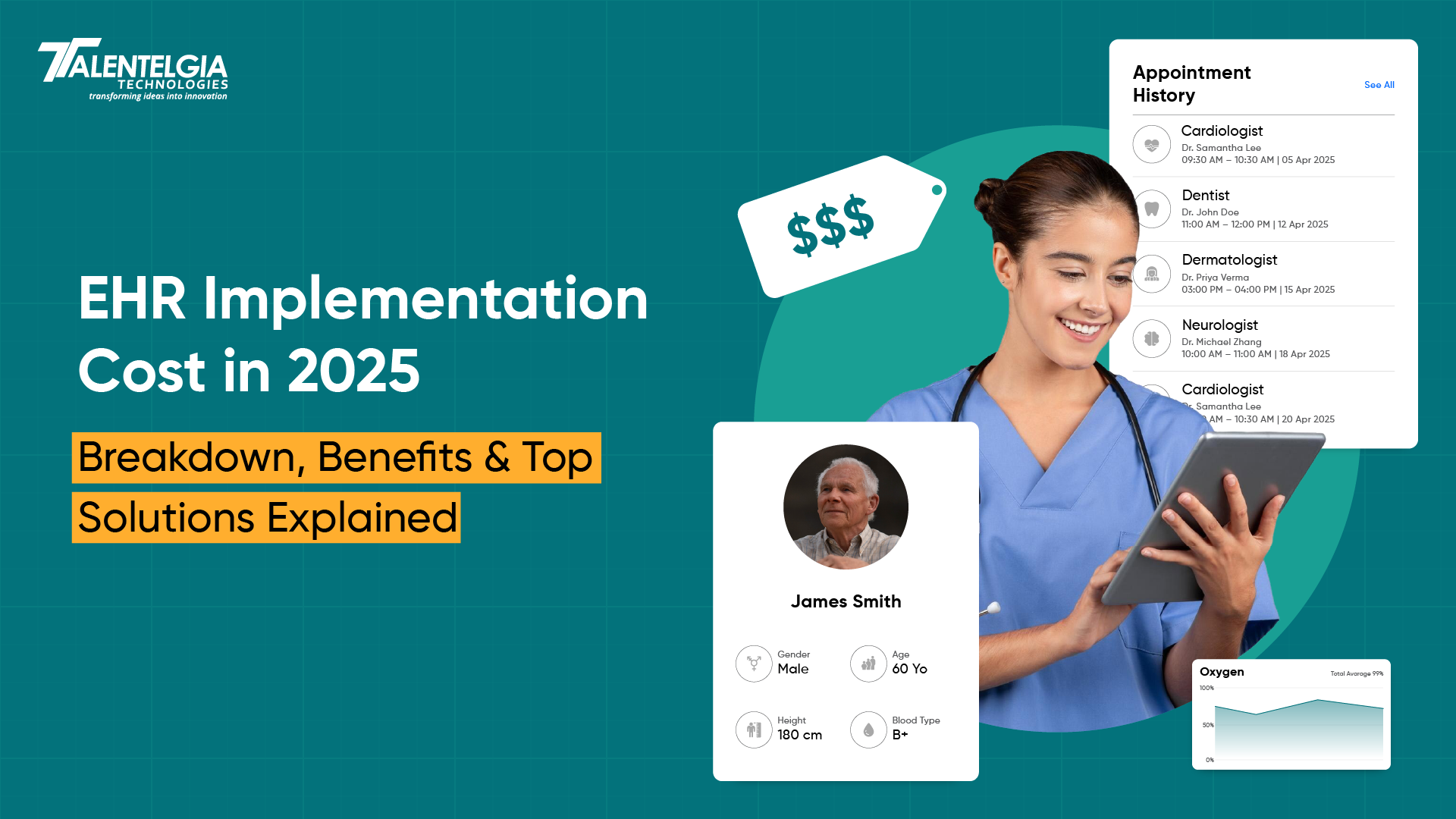











 Write us on:
Write us on:  Business queries:
Business queries:  HR:
HR: 




